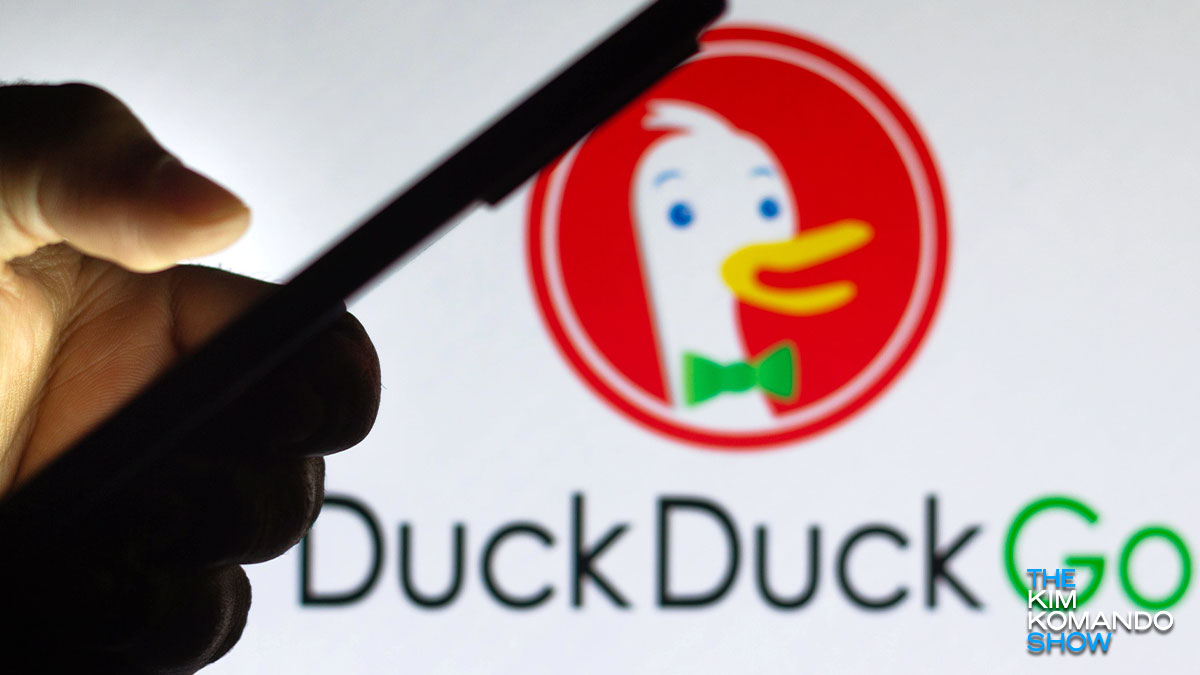In the rapidly evolving digital landscape, concerns about online privacy have become paramount. Users are increasingly seeking alternatives to mainstream browsers that prioritize their personal information over their security. One such alternative is DuckDuckGo, a privacy-focused browser that has gained significant recognition over the past 15 years. Founded by Gabriel Weinberg, DuckDuckGo has emerged as a user-centric alternative to giants like Google and Facebook. This article delves into the journey of DuckDuckGo, exploring its growth, commitment to privacy, and the future it envisions for internet users.
Privacy First: The Birth of DuckDuckGo
DuckDuckGo was established in 2008 with a vision to challenge the dominance of search engine giants like Google by offering a privacy-focused alternative. At that time, the world was largely unaware of the power and surveillance capabilities of companies like Google and Facebook. However, DuckDuckGo recognized the need for a search engine that prioritized user privacy from the outset.
Although progress was initially slow, 2011 proved to be a breakout year for DuckDuckGo. The company expanded its team and solidified its commitment to raising the standard of trust online. While privacy-focused browsers still struggle to compete with mainstream options like Google Chrome and Safari, DuckDuckGo has managed to carve out a niche for itself.
The Rise of DuckDuckGo: A Privacy-Protecting Powerhouse
Despite the challenges posed by industry giants, DuckDuckGo has emerged as a healthy and profitable company that prioritizes user privacy instead of exploiting it. Its commitment to privacy has resonated with users, as evidenced by a recent study by Forrester, which found that nearly 90% of US adults use at least one privacy or security-protecting tool online.
DuckDuckGo’s browser and its extensions have been downloaded over a quarter of a billion times, making it a popular choice for privacy-conscious users. Additionally, Cloudflare ranks DuckDuckGo’s search engine at number two for mobile users and third overall in several countries, including the US, UK, Canada, Germany, France, India, and Australia.
The desire for increased privacy is expected to drive the growth of DuckDuckGo in the coming years. As big tech companies continue to exploit personal data, DuckDuckGo aims to be the “easy button” for privacy, offering a simple and user-friendly solution for protecting online privacy.
Upholding Privacy: Addressing Challenges and Controversies
While DuckDuckGo has positioned itself as a champion of privacy, it has not been immune to controversies and challenges. One notable controversy involved a spat between DuckDuckGo and Brave, one of its main rivals, regarding the former’s supposed allowance of Microsoft trackers. However, DuckDuckGo defended itself, stating that the issue only pertained to ad clicks, which were protected by a non-profiling agreement with Microsoft.
Throughout its journey, DuckDuckGo has continually pushed to improve privacy protections for its users. The company remains committed to its privacy policy, assuring users that it does not track their activities. Despite challenges, DuckDuckGo’s focus on privacy has allowed it to maintain trust and loyalty among its users.
The Future of DuckDuckGo: Expanding Privacy Protections
Looking ahead, DuckDuckGo envisions a future where concerns about privacy continue to grow. As big tech companies increase their exploitation of personal data, users are expected to seek out alternatives that prioritize their privacy. DuckDuckGo aims to be at the forefront of this shift, providing users with a simple and effective way to protect their online privacy.
To achieve this vision, DuckDuckGo plans to enhance its privacy protections and continue pushing for stricter privacy standards. The company believes that the desire for privacy will drive users to adopt its browser and search engine, further solidifying its position in the market.
Additionally, DuckDuckGo is actively exploring partnerships and collaborations to expand its reach and influence. By aligning with like-minded organizations and individuals, DuckDuckGo aims to create a collective movement towards a more privacy-focused internet.
Conclusion
DuckDuckGo’s journey over the past 15 years has been driven by a commitment to user privacy. As concerns about online privacy grow, DuckDuckGo has emerged as a formidable alternative to mainstream browsers. The company’s focus on privacy, coupled with its user-centric approach, has allowed it to gain recognition and loyalty.
In the future, DuckDuckGo envisions a world where privacy is the norm rather than the exception. By continuously improving its privacy protections and collaborating with other privacy-focused entities, DuckDuckGo aims to lead the charge towards a more secure and privacy-centric internet. As users become more aware of the risks associated with their online activities, DuckDuckGo stands ready to provide them with the tools and resources they need to protect their digital lives.

No comments! Be the first commenter?